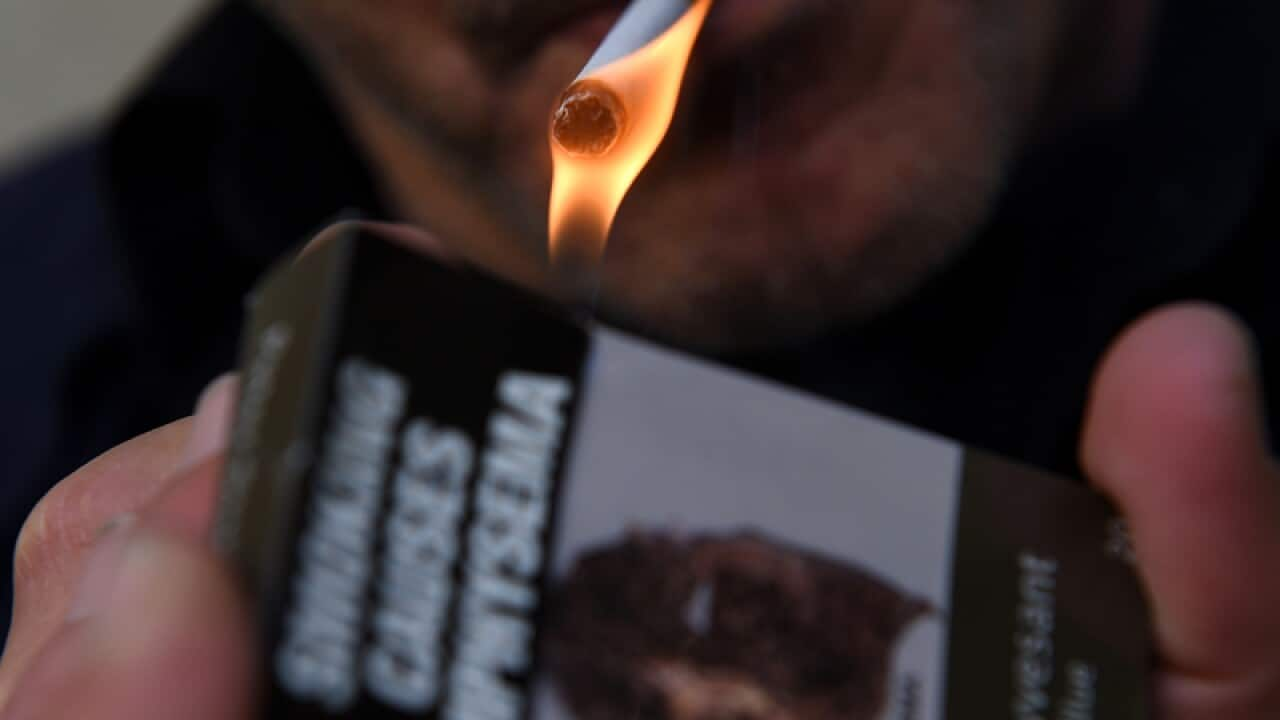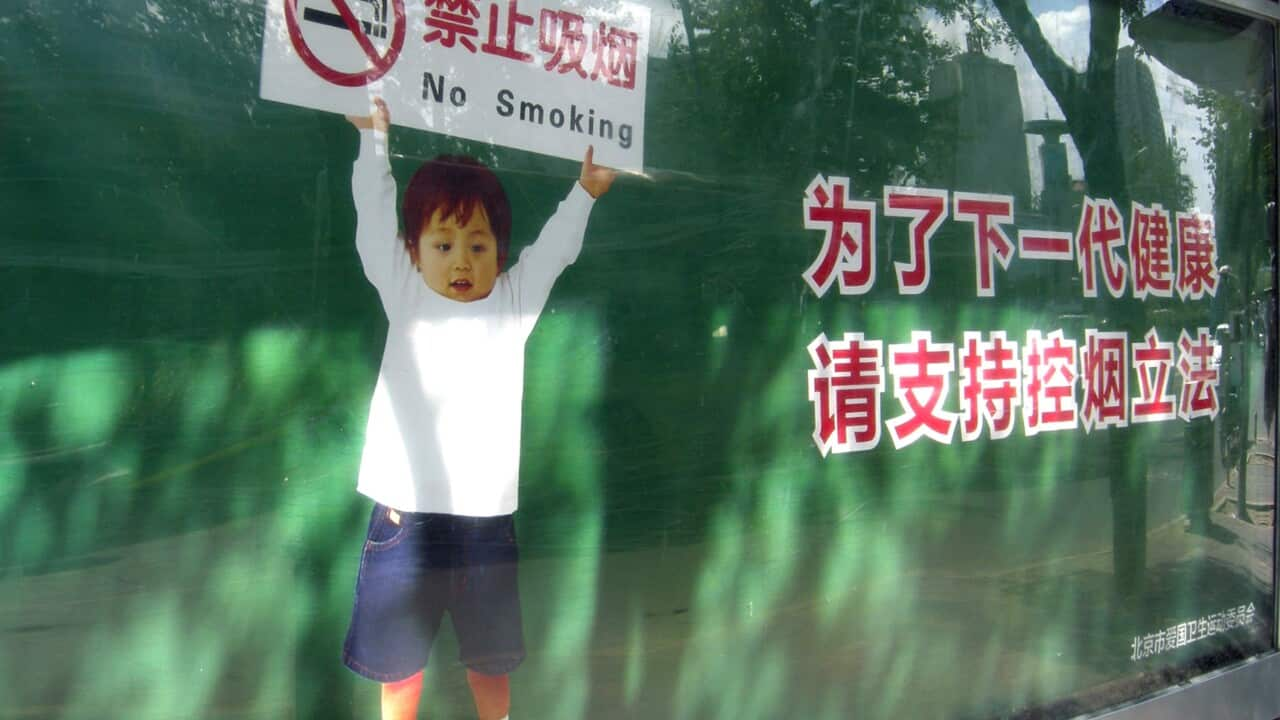A decade-old change in the way shisha tobacco is taxed may have opened the window for a booming black market trade, according to Australian Border Force officials.
The smugglers involved in the illicit trade of molasses tobacco, commonly known as shisha, could also be involved in larger trafficking rings, the officials said.
Law enforcement became suspicious when they noticed a drop in the amount of imported shisha declared to Customs, but no drop in the number of shisha smokers frequenting bars in Melbourne and Sydney.
“That tells me, indicatively, that we have an illegal molasses importation problem,” Border Force chief Roman Quaedvlieg said.
Officials told a Senate inquiry there was good evidence to suggest many importers were avoiding tax.
“The amount [of illegal shisha] we were seizing, compared to the amount that's been declared for the purposes of duty...there was a big disparity,” Border Force’s Michael Outram said.
In 2008 tariff rules were changed so molasses tobacco was taxed based on its overall weight. That’s despite the wet, heavy substance containing more ingredients than just tobacco.
“Shisha contains sugar, it contains water,” said Nick Xenophon Team Senator Skye Kakoschke-Moore, who sits on a parliamentary inquiry into illicit tobacco.
“And so what happened was in an attempt to properly tax a tobacco product, I think it's actually driven the market for this underground.
“When the tax office changed their treatment of shisha, I don't think that they anticipated it would drive the market underground to the extent that it did and that in 10 years time we'd be in a situation where the majority of our shisha has been imported illegally.”
RELATED READING

'Absolutely thrilled' over big tobacco win
A “sensible policy-maker” would have anticipated that outcome, Senator Kakoschke-Moore told SBS World News.
The effect, according to business owners, has been a massive increase in cost.
One Melbourne shisha cafe told SBS World News prices had “doubled”, while another said they had “tripled”.
A third said they had switched from real molasses tobacco to herbal alternatives because they could no longer afford it.
“We lost 30 to 40 percent of our customers, due to the price rise,” Ali Adam, the owner of the Cafe Asmara shisha bar in Melbourne, told SBS World News.
He said the tax hike in 2008 left him with no choice but to pass costs on to his customers.
He said the black market trade for shisha is a “huge market”.
“[If] we start charging fair tax for this product, that will stop the smugglers. It will stop everything,” Mr Adam said.
RELATED READING

Smoking likely to kill 200 million people in China
Border Force officials agree that there is a potential link between the high tax rate and the scale of the illegal trade.
“Obviously, when you get a change in regulation and a change in behaviour, some people will choose to comply and others will choose to try and avoid the duty,” Mr Outram told the Senate committee.
Border Force said they were “looking into” the problem and confirmed investigations had been carried out by the government’s Tobacco Strike Team, which received an $8 million funding boost in last year’s federal Budget.
One operation saw the seizure of 1.2 tonnes of molasses tobacco, a quantity that would avoid more than $1 million in tax, according to the Department of Immigration and Border Protection.
Smugglers conceal loads in iron shelving, plates, bowls and industrial equipment, the department said.
“One of the areas of potential concern is the amount of money that can be raised and then sent back to other parts of the world for nefarious purposes,” Mr Quaedvlieg said. “That is another angle we are looking at.”
Senator Kakoschke-Moore agreed that those bringing in the illicit shisha may be involved in other kinds of trafficking.
“It could be quite sophisticated criminals operating in a broader criminal network,” she said.
“The AFP have said that they would only look at this issue if they believed that there was a link between the importation of shisha and broader criminal network involvement.”
THE FEED: Black Smoke - the illegal tobacco market
Share
